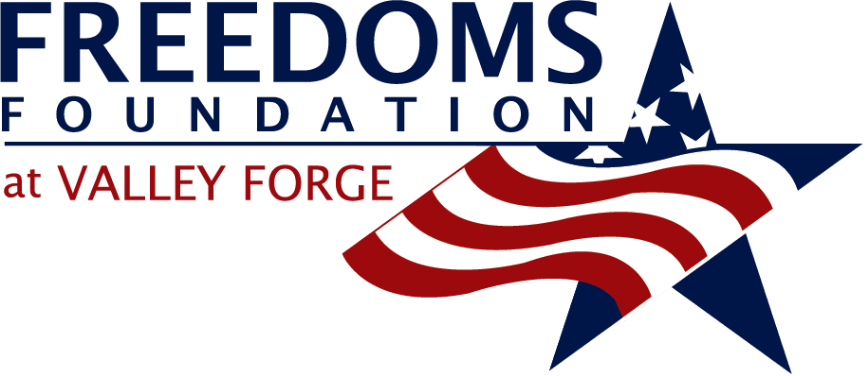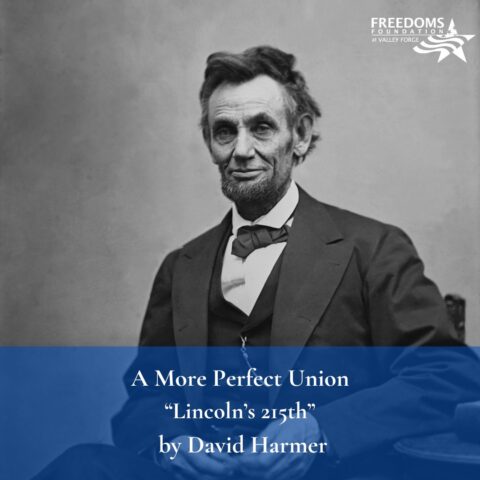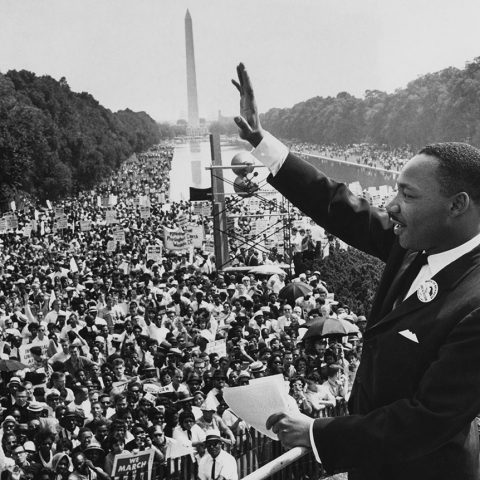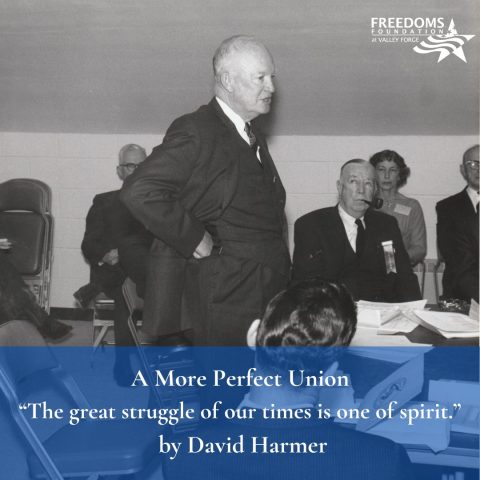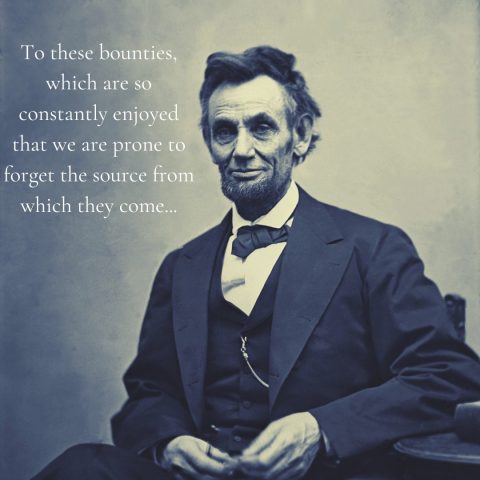We Were Defeated by a Nobler Idea

By David Harmer
Last week we commemorated the 75th anniversary of General Douglas MacArthur’s acceptance of Japan’s surrender, ending World War II. (If you missed my message about the occasion, please read it here.) The occasion merits notice not merely for what it ended, but what it inaugurated: the liberation of the Japanese people, their renunciation of belligerence, their flourishing in a representative democracy, and their full incorporation into the free world as willing allies of the United States.
We take for granted that outcome now, but it was hardly foreordained. Quite the contrary: it was unprecedented, indeed barely conceivable. As MacArthur soberly reflected,
the primary purpose of the Allies [was] the destruction of Japan’s ability to wage another war and the punishment of war criminals. Yet history clearly showed that no modern military occupation of a conquered nation had been a success. . . .
I had seen what I thought were basic and fundamental weaknesses in prior forms of military occupations: the substitution of civil by military authority; the loss of self-respect and self-confidence by the people; the constantly growing ascendency of centralized dictatorial power instead of a localized and representative system; the lowering of the spiritual and moral tone of a population controlled by foreign bayonets; the inevitable deterioration in the occupying forces themselves as the disease of power infiltrated their ranks and bred a sort of race superiority. If any occupation lasts too long, or is not carefully watched from the start, one party becomes slaves and the other masters. History teaches, too, that almost every military occupation breeds new wars of the future. I had studied the lives of Alexander and Caesar and Napoleon, and great as these captains were, all had erred when they became the leaders of occupation forces.
A professional soldier, MacArthur had been granted full charge of the occupation and virtually absolute civil power over a population of nearly 80 million. Given history’s grim precedents, how did he propose to proceed?
First destroy the military power. Punish war criminals. Build the structure of representative government. Modernize the constitution. Hold free elections. Enfranchise the women. Release the political prisoners. Liberate the farmers. Establish a free labor movement. Encourage a free economy. Abolish police oppression. Develop a free and responsible press. Liberalize education. Decentralize the political power. Separate church from state.
 What an agenda! As breathtaking as its scope and audacity was the speed of its implementation. All elements were well underway, and most fully accomplished, within MacArthur’s five-year tenure. What made possible his transformation of Japan wasn’t merely executive aptitude (though he possessed that to an extraordinary degree), but perspective, temperament, and character:
What an agenda! As breathtaking as its scope and audacity was the speed of its implementation. All elements were well underway, and most fully accomplished, within MacArthur’s five-year tenure. What made possible his transformation of Japan wasn’t merely executive aptitude (though he possessed that to an extraordinary degree), but perspective, temperament, and character:
Because I had been given so much power, I was faced with the most difficult situation of my life. Power is one thing. The problem of how to administer it is another. . . .
As they [the Japanese people] increasingly sensed my insistence upon just treatment for them, even at times against the great nations I represented, they came to regard me not as a conqueror, but as a protector. I had a deep responsibility as guardian of these people so dramatically brought under my charge. I felt they needed spiritual leadership as well as material administration. I cautioned our troops from the start that by their conduct our own country would be judged in world opinion, that success or failure of the occupation could well rest upon their poise and self-restraint. . . . They were truly ambassadors of good will.
Thomas Jefferson said of General Washington: “The moderation and virtue of a single character . . . prevented this revolution from being closed, as most others have been, by a subversion of that liberty it was intended to establish.” Toshikazu Kase, a Japanese diplomat in the surrender party, said something similar of MacArthur and the nation whose ideals he embodied:
While the destroyer sped home, I wrote down hurriedly the impressions of the surrender ceremony which Shigemitsu took to the Throne immediately after our return to the Capital, as the Emperor was anxiously waiting for his report. At the end of this report, in which I dwelt at length upon the superb address of the Supreme Commander, I raised a question whether it would have been possible for us, had we been victorious, to embrace the vanquished with a similar magnanimity. Clearly it would have been different. Returning from the audience, Shigemitsu told me that the Emperor nodded with a sigh in agreement. Indeed, a distance inexpressible by numbers separates us—America from Japan. After all, we were not beaten on the battlefield by dint of superior arms. We were defeated in the spiritual contest by virtue of a nobler idea. The real issue was moral.
MacArthur’s transformation of Japan reflected America’s essence. He applied our founding ideals to another people in another place at another time, with results that illustrate their universality—their truth.
The Soviets had already divined that, though I had defeated the Japanese in battle, I intended, by means of the concepts of a free world, to win them in peace. . . .
It was true that we intended to destroy Japan as a militarist power. It was true that we intended to impose penalties for past wrongs. These things had been set out in the surrender terms. But we also felt that we could best accomplish our purpose by building a new kind of Japan, one that would give the Japanese people freedom and justice, and some kind of security. I was determined that our principles during the occupation would be the same principles for which our soldiers had fought on the battlefield.
U.S. leadership in World War II and its aftermath liberated millions, making available to them the blessings of security, prosperity, and self-determination long enjoyed by Americans. We would do well to regain the civilizational self-confidence that underlay that leadership. Our founding ideals have been powerful forces for good both at home and abroad.
To ensure that they remain so, through the rising generation and beyond, is the mission of Freedoms Foundation at Valley Forge. We invite your support.
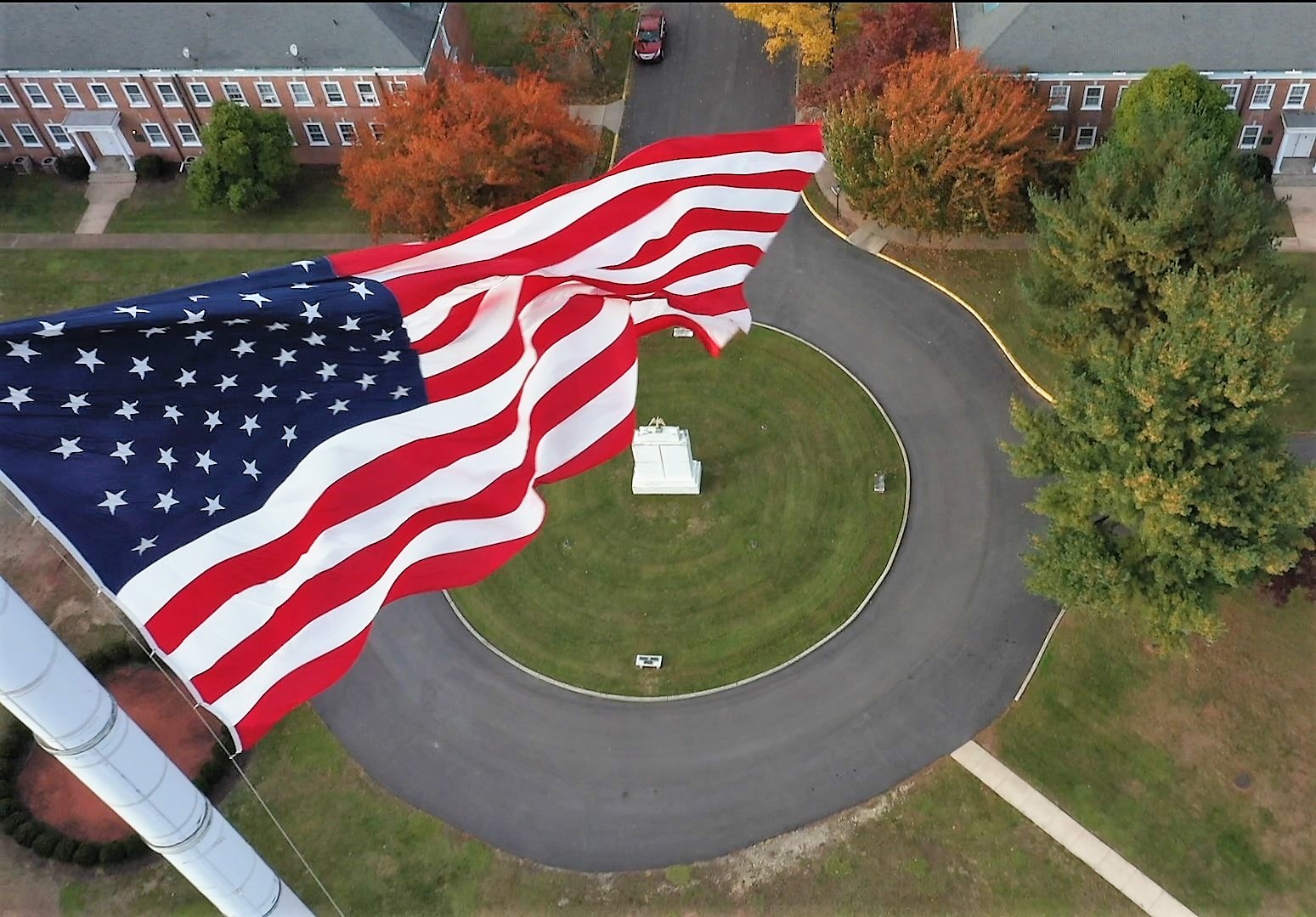
Donate Today
Supporting America’s first principles of freedom is essential to ensure future generations understand and cherish the blessings of liberty. With your donation, we will reach even more young people with the truth of America’s unique past, its promising future, and the liberty for which it stands. Help us prepare the next generation of leaders.
